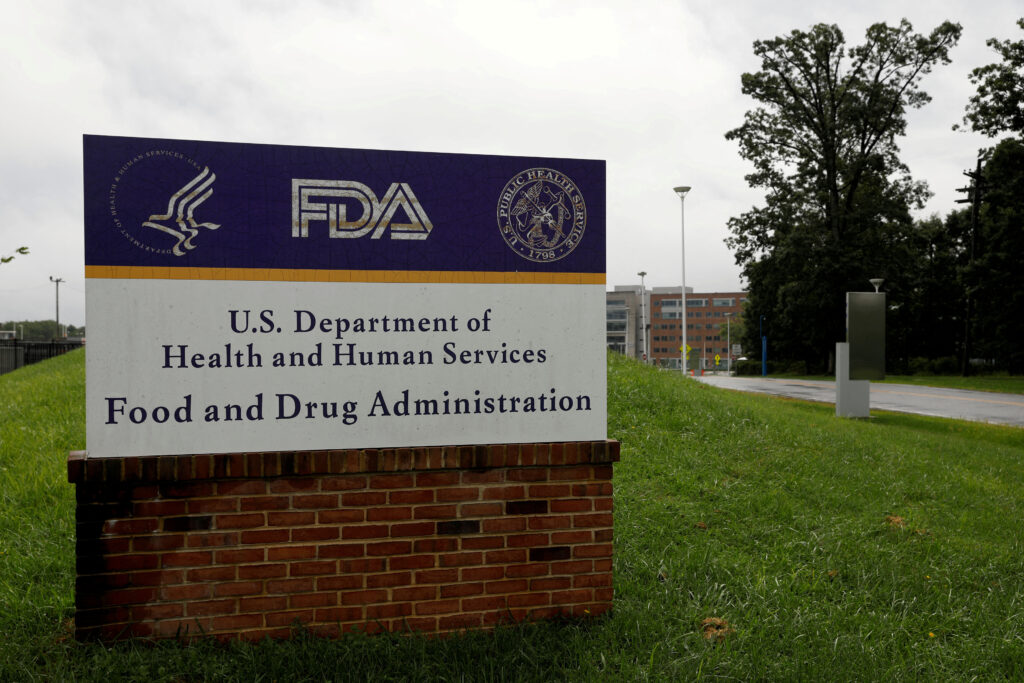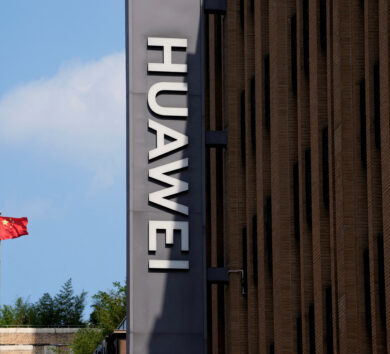

(Reuters)
The U.S. Food and Drug Administration has approved BridgeBio’s drug for a rare and deadly heart condition, the company said on Friday, making it the first new treatment in a market dominated by Pfizer’s blockbuster Vyndaqel.
The oral drug, branded as Attruby, was approved to treat adult patients with transthyretin amyloid cardiomyopathy (ATTR-CM), in which faulty transthyretin proteins accumulate in the heart and can cause the organ to fail.
BridgeBio plans to price the therapy at $18,759.12 for a 28-day supply. Pfizer’s Vyndaqel is sold at a list price of $225,000 a year for a recommended once-daily dose of 80 milligrams.

ATTR-CM causes difficulty for the heart to pump blood to other parts of the body and causes it to fail if left untreated. It affects more than 120,000 U.S. adults, according to non-profit researcher Institute for Clinical and Economic Review.
Pfizer’s tafamidis capsules, sold as Vyndaqel and Vyndamax, were approved in 2019 and brought in sales of $3.32 billion in 2023.
BridgeBio’s application for Attruby, also known as acoramidis, was based on data from a late-stage study on 632 patients, where it significantly improved survival and reduced the frequency of heart disease-related hospitalization after 30 months of treatment.
But the drug did not show statistically significant results on a secondary goal measuring the number of deaths due to any cause across treatment and placebo groups at month 30.
Tafamidis and acoramidis are designed to stabilize the faulty proteins, unlike a drug by Alnylam Pharmaceuticals that which works by reducing the production of the protein. Alnylam’s vutrisiran is approved for treating nerve damage related to the disease.
BridgeBio has partnered with Bayer to market the drug in Europe, where it is currently under regulatory review. The company also has a partnership with AstraZeneca’s unit, Alexion, for marketing the drug in Japan.
Pfizer’s lower-dose version of tafamidis, sold under the brand Vyndamax, has a recommended dosage of 61 milligrams taken once daily as a single capsule.
BMO Capital analyst Kostas Biliouris expects the uptake of acoramidis to be limited, given it “goes against a very established drug” and must be given twice daily compared to once-a-day dosing for Pfizer’s capsules.
Biliouris expects acoramidis to generate global sales of $2.5 billion at its peak by 2035. Pfizer’s drug clocked in global sales of $3.32 billion in 2023.
Acoramidis is probably going to have most of its uptake among patients who are newly diagnosed, at least initially, Scotiabank analyst Greg Harrison said, adding that having mortality benefit on the label would make it more competitive.
“It is better for the patient community to have more options,” Harrison said. “It raises awareness and improves diagnosis rates.”
BridgeBio did not immediately respond to a request for comment on Attruby’s launch date in the United States.







Comments